Addressing the emotional component of post-stroke pain
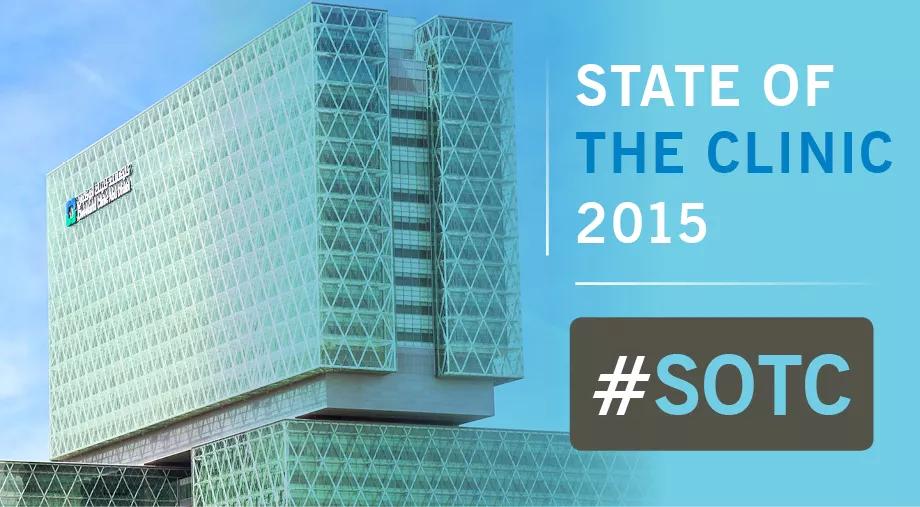
Andre Machado, MD, PhD, of Cleveland Clinic’s Neurological Institute, has completed the first human clinical trial of deep brain stimulation (DBS) for refractive thalamic pain syndrome. The study is also the first controlled study to assess the effects of DBS on the affective or emotional sphere of pain. Thalamic pain syndrome is a chronic condition that is usually caused by a stroke. Patients describe their pain as a constant burning or aching sensation, disabling in nature. Dr. Machado targeted a particular area of the brain that is a key node in the networks that process mood and behavior. The study was carried out entirely at Cleveland Clinic with funding from the NIH Director’s New Innovator Award. “Chronic pain is not only a somatosensory phenomenon,” says Dr. Machado. “Affective and cognitive spheres are equally important in the experience of pain and suffering. Our approach aims to alleviate the affective sphere of pain and thus reduce pain-related disability.”
Advertisement
Cleveland Clinic is a non-profit academic medical center. Advertising on our site helps support our mission. We do not endorse non-Cleveland Clinic products or services. Policy
Advertisement
Advertisement

New study advances understanding of patient-defined goals
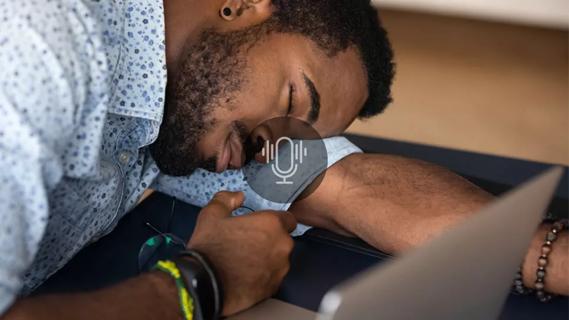
Testing options and therapies are expanding for this poorly understood sleep disorder
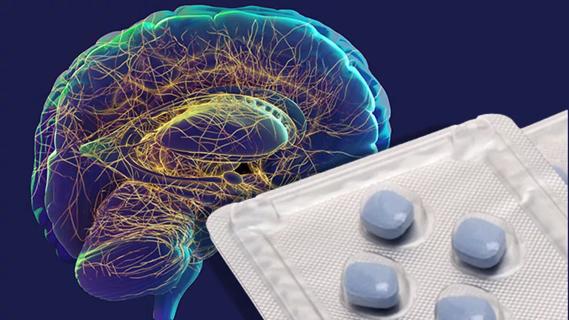
Real-world claims data and tissue culture studies set the stage for randomized clinical testing
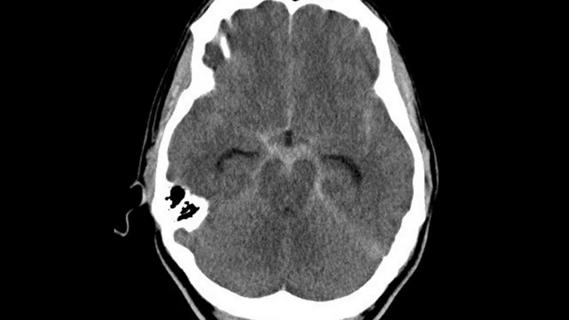
Digital subtraction angiography remains central to assessment of ‘benign’ PMSAH

Cleveland Clinic neuromuscular specialist shares insights on AI in his field and beyond
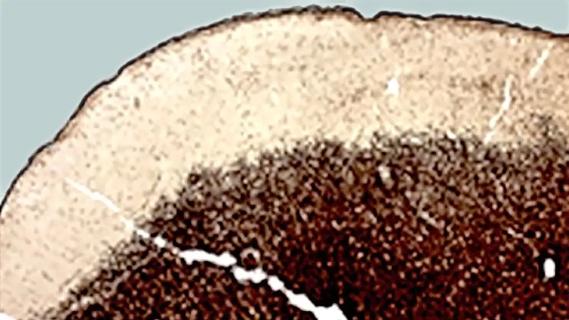
Findings challenge dogma that microglia are exclusively destructive regardless of location in brain
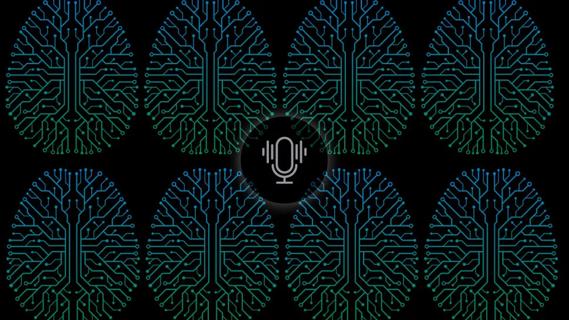
Neurology is especially well positioned for opportunities to enhance clinical care and medical training
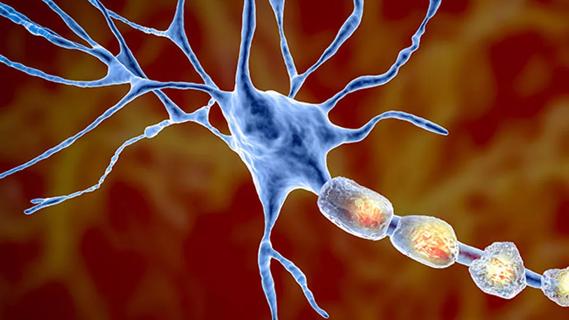
New review distills insights from studies over the past decade